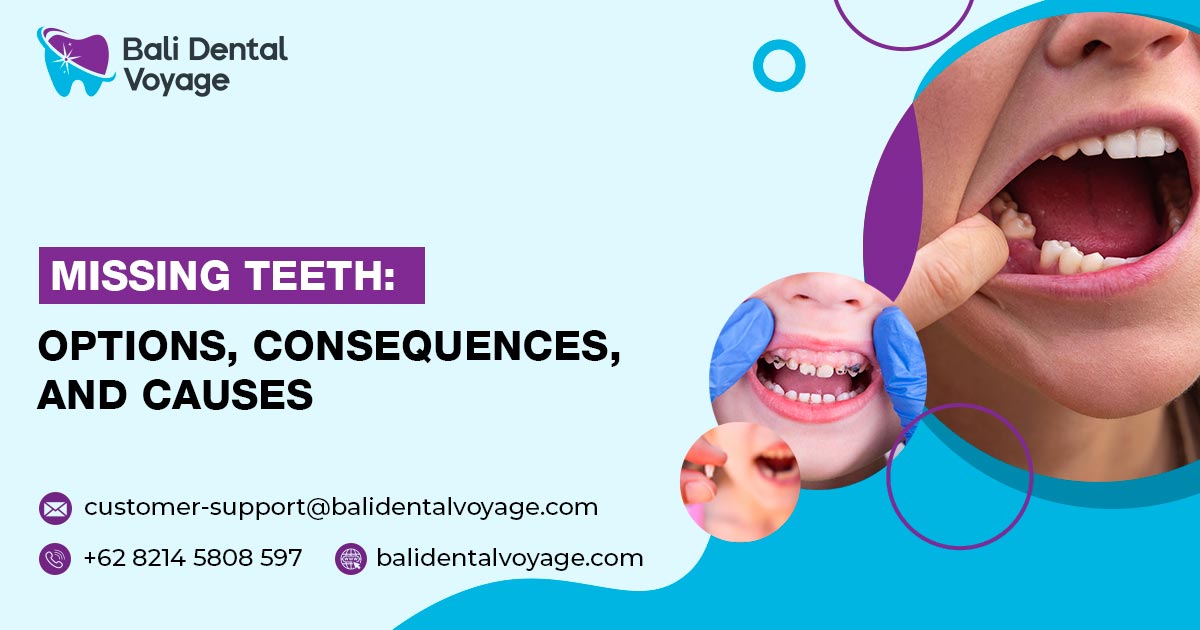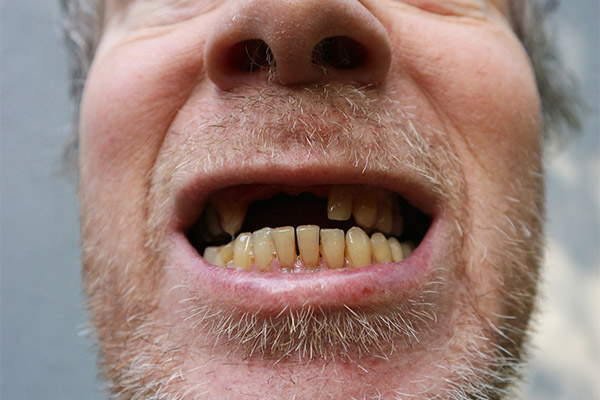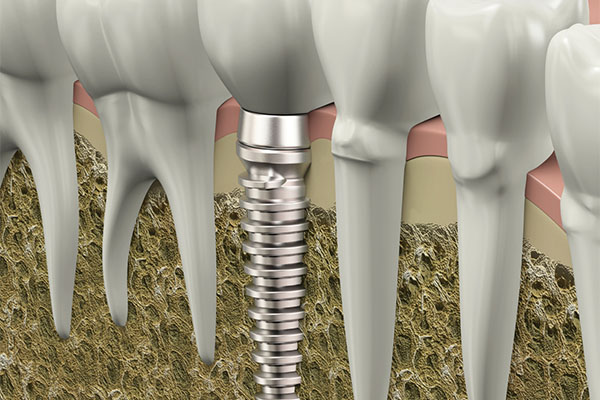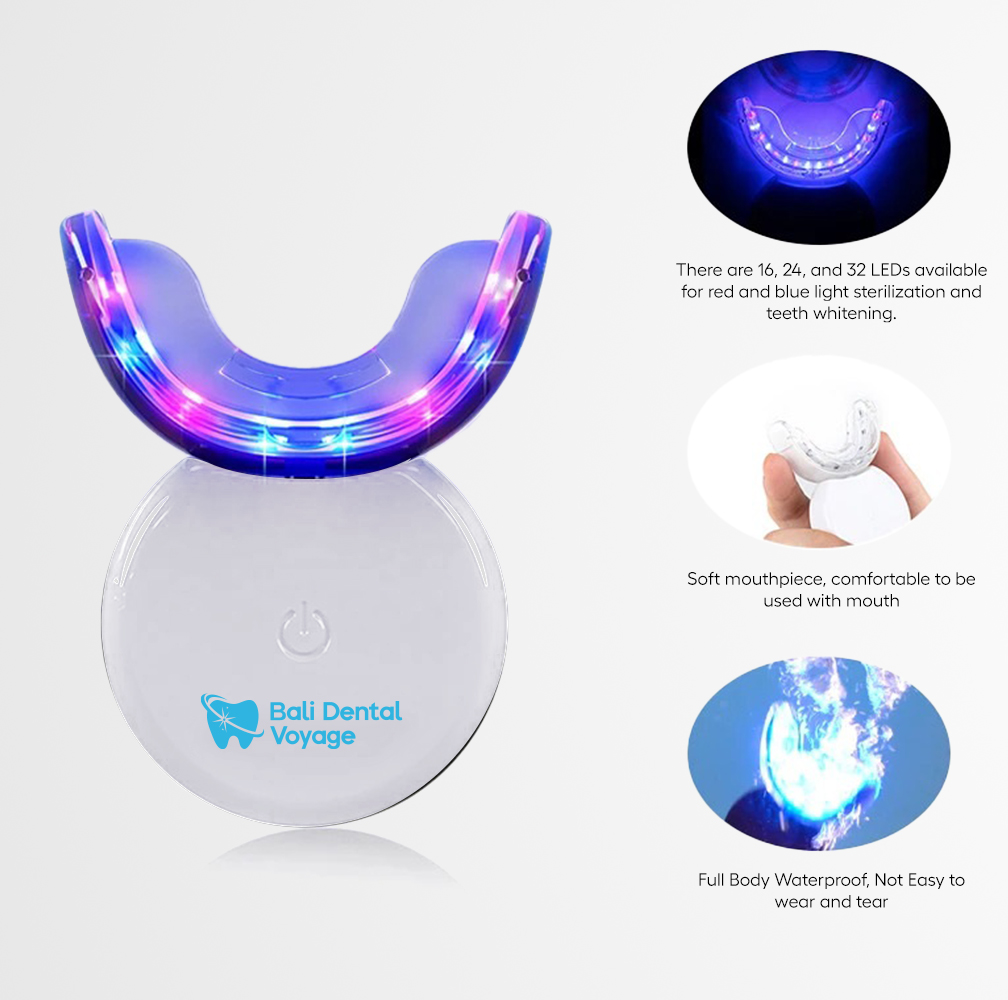
Missing teeth (also known as Hypodontia) can have a significant impact on your oral health and overall well-being. Whether you’ve lost teeth due to injury, decay, or age, it’s important to understand your options for replacement and the potential consequences of leaving gaps in your smile.
In this article, we’ll discuss:
- Options for Missing Teeth
- Consequences of Missing Teeth
- Causes of Missing Teeth
- Treatment of Missing Teeth
Options for Missing Teeth
There are several options available for replacing missing teeth, each with its benefits and drawbacks. Here are some of the most common:
- Dental Implants
Dental implants are a popular option for replacing one or more missing teeth. They involve surgically placing a small titanium post into the jawbone to act as a replacement for the tooth root. Once the post has fused with the bone, a crown or bridge is attached to the top, creating a natural-looking and durable replacement tooth. - Bridges
A dental bridge involves attaching a replacement tooth or teeth to the adjacent teeth using dental crowns. This can be a good option for those who have one or two missing teeth in a row. - Full Dentures
Full dentures are removable appliance that replaces all missing teeth. They can be made to fit the upper or lower jaw and are typically secured in place with suction or adhesive. - Partial Dentures
Partial dentures are similar to full dentures but only replace a few missing teeth. They can be a good option for those who don’t want to undergo a more invasive procedure like dental implants. - Orthodontic Treatments
In some cases, orthodontic treatments like braces or aligners can be used to close gaps. This can be a good option for those who want to avoid surgery or removable appliances.
Consequences of Missing Teeth

Leaving gaps in your smile can have several negative consequences, both for your oral health and your overall well-being. Here are some of the most common:
Difficulty Chewing and Speaking
Hypodontia can make it difficult to chew certain foods and can also impact your ability to speak clearly.
Shifting of Remaining Teeth
When you have a gap in your smile, the remaining teeth can shift out of place over time, potentially causing further dental issues.
Bone Loss in the Jaw
The roots of your teeth stimulate the bone in your jaw, helping to keep it healthy and strong. When you lose a tooth, the bone in that area can begin to deteriorate, leading to further tooth loss and changes in your facial structure.
Changes in Facial Structure
Over time, hypodontia and bone loss in the jaw can cause changes in the shape of your face, leading to a more aged appearance.
Causes of Missing Teeth
There are many reasons why someone might lose one or more teeth. Some of the most common causes include:
- Tooth Decay
Poor oral hygiene and a diet high in sugar and processed foods can lead to tooth decay, which can eventually cause a tooth to become so damaged that it needs to be removed. - Gum Disease
Gum disease is a bacterial infection that affects the gums and can eventually lead to tooth loss if left untreated. - Injury
Accidents and injuries can result in the loss of one or more teeth. - Age
As we get older, our teeth can become weaker and more susceptible to damage and decay.
Treatment of Missing Teeth

Hypodontia can have a significant impact on your oral health and overall well-being, but there are several options available for replacing them. If you’re experiencing tooth loss or have hypodontia, it’s important to speak with a dental professional, such as a Bali dentist, about your options.
At Bali Dental Voyage, we offer a range of services, including dental implants Bali, to help you achieve a healthy, beautiful smile. Contact us today to learn more and schedule an appointment. Don’t let hypodontia impact your quality of life any longer.




